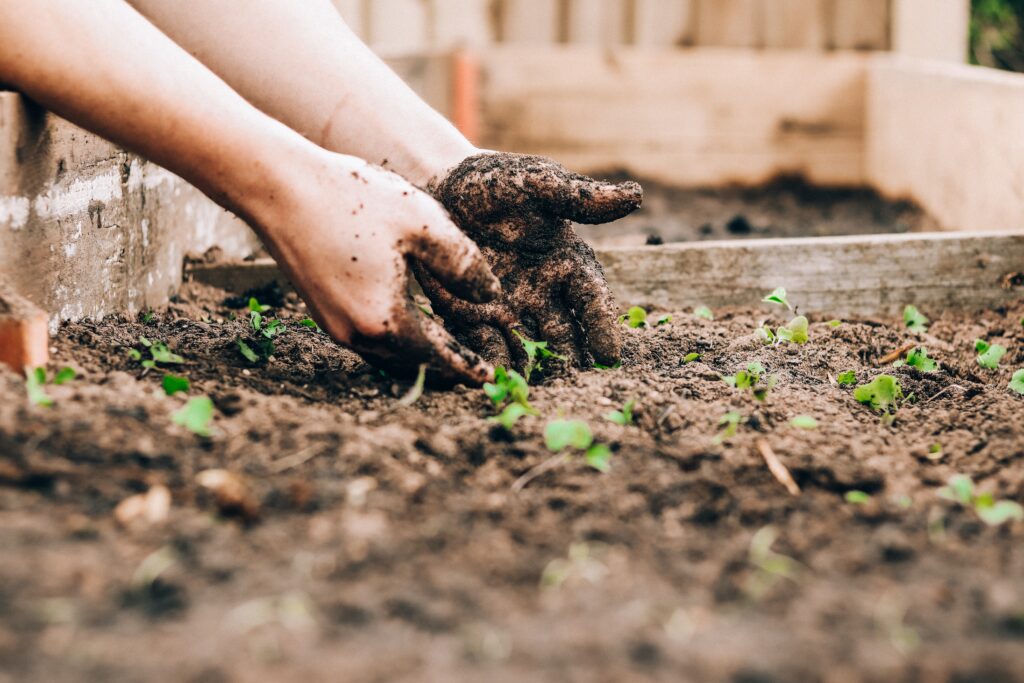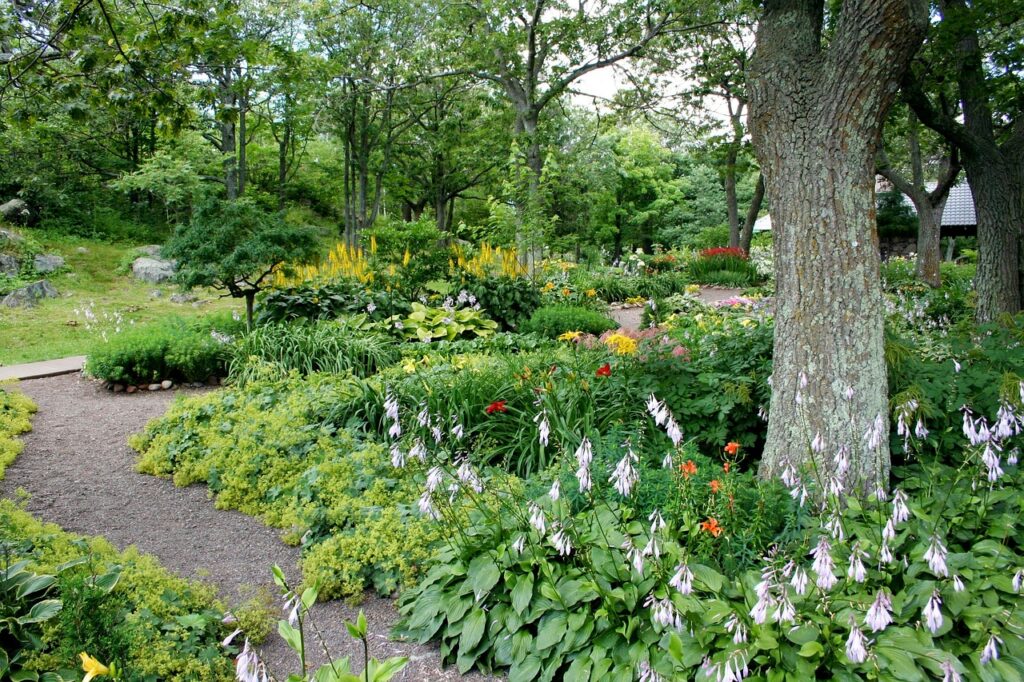A Dark Miracle in the Garden
Amid the bustling world of sustainable gardening, one secret ingredient has been quietly transforming backyard crops, capturing hearts, and turning soil into a dark, mysterious elixir. My neighbour was using it, and I wondered what it was…and found out that Biochar, a fine-grained, highly porous charcoal, is the not-so-secret weapon for eco-conscious gardeners looking to make a profound impact on both their plants and the environment. In this article, I’ll let you know what I learned after my chat with Dave next door and why I’m now sprinkling biochar’s dark magic on your backyard veggie garden too.
What is Biochar? The Art of Carbon Transformation
Before we can appreciate the wonders of biochar, we must understand its essence. Biochar is not just any charcoal; it’s a carbon-rich material made by heating organic matter in a low-oxygen environment—a process known as pyrolysis. This transformation turns organic matter into a highly stable form of carbon that can endure in the soil for hundreds, if not thousands, of years.
The Environmental Marvel of Biochar
1. Carbon Sequestration: Biochar is a carbon sequestration superhero. By storing carbon in the ground, it helps mitigate climate change and reduce atmospheric carbon dioxide levels. It’s like a carbon time capsule, burying carbon for generations to come.
2. Soil Health Savior: Biochar improves soil structure and fertility, enhancing water retention, nutrient availability, and microbial activity. This means healthier plants and a reduced need for synthetic fertilizers.
3. Reduced Emissions: When biochar is made from organic waste materials, it prevents them from decomposing and releasing methane, a potent greenhouse gas. This means fewer emissions and cleaner air.
The Birth of Biochar: How It’s Made
Biochar isn’t a product of magic but a result of controlled transformation. The making of biochar involves several key steps:
Feedstock Selection: The choice of organic materials—like wood chips, agricultural waste, or nutshells—determines the biochar’s characteristics.
Pyrolysis: The feedstock is heated in an oxygen-limited environment, usually between 350°C and 700°C. This process drives off volatile compounds, leaving behind the stable carbon structure of biochar.
Quenching: The hot biochar is rapidly cooled to stop the pyrolysis process, ensuring its stability.
Activation (Optional): Some biochars are further treated to increase their porosity and ability to hold nutrients.
To Biochar or Not to Biochar? Is It Right for Your Backyard Crops?
The big question—should you introduce biochar into your gardening routine? Here are some considerations:
Pros of Using Biochar:
Improved Soil Structure: Biochar enhances soil’s water-holding capacity and aeration, preventing compaction and improving root growth.
Nutrient Retention: It acts as a nutrient reservoir, reducing the risk of nutrient leaching, which can harm both plants and the environment.
Carbon Sequestration: By storing carbon in your soil, you’re doing your part to combat climate change and support a healthier planet.
Cons of Using Biochar:
Cost and Availability: Quality biochar can be costly, and availability may vary depending on your location.
Preparation and Application: Correct application is essential. Incorrect use can harm plants and the environment. It’s essential to follow guidelines for the best results.
Effectiveness: The benefits of biochar may not be instantly apparent and could take time to manifest in your garden.
Conclusion: Unearth the Potential of Biochar
In the world of sustainable gardening, biochar seems like a hidden treasure waiting to be discovered. Its ability to enhance soil health, sequester carbon, and foster plant growth is like black gold for eco-conscious gardeners (which I have always considered myself to be), but, as with any valuable resource, it’s essential to use it wisely and responsibly. So, should you use biochar in your backyard crops? The answer, it seems, is a resounding “yes” for those seeking to cultivate not just thriving plants, but a healthier planet as well. In the end, biochar is more than just a dark miracle in the garden; it’s a transformative force with the power to make our world a little greener, one plant at a time.
If you want to learn more about Biochar, then feel free to read this great book on the subject by Rebecca Cox ‘Gardening with Biochar: Supercharge your Soil with Activated Charcoal‘. Its available on Kindle so you don’t even need to wait for it to arrive!



